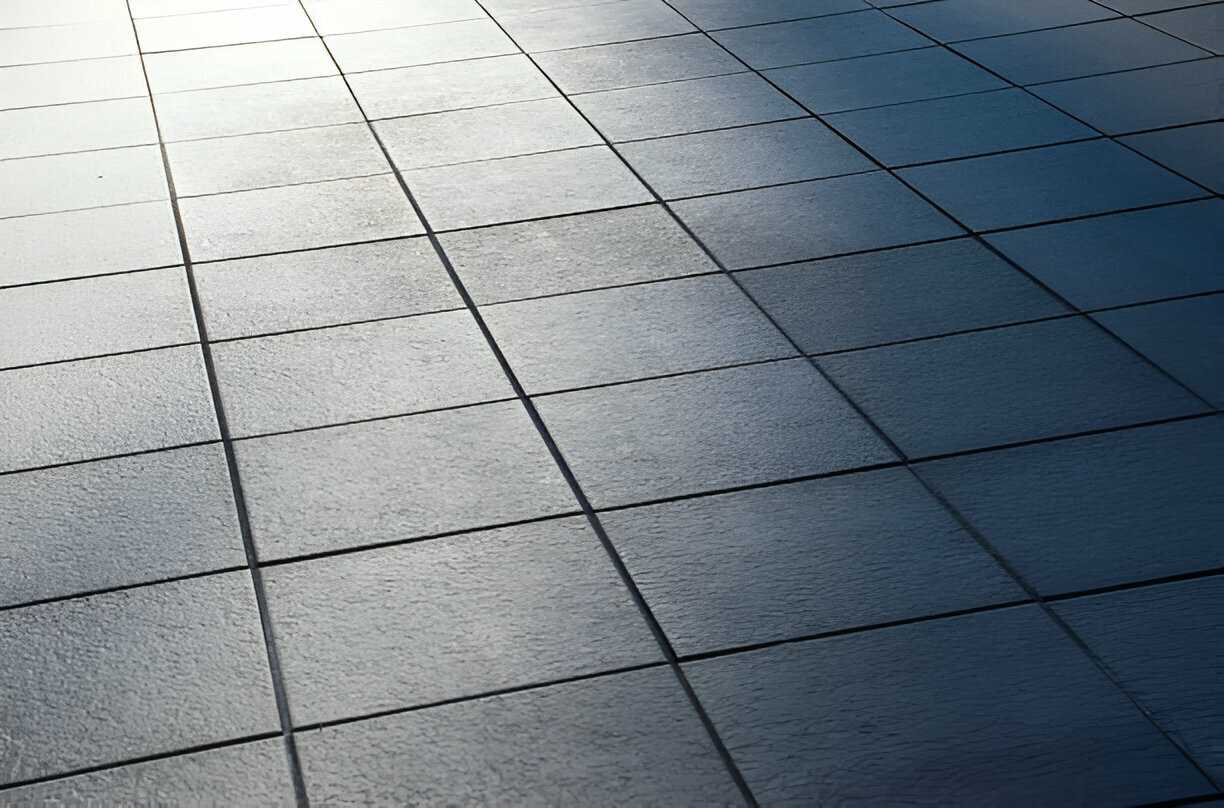Stone tile flooring has been a popular choice for centuries, gracing ancient buildings and modern homes alike. Its natural beauty, durability, and unique characteristics make it a desirable option for homeowners looking to add elegance and value to their spaces.
From kitchens and hallways to bathrooms and outdoor areas, stone flooring offers a versatile and long-lasting solution. This article will cover what you need to know about stone tile flooring, including its benefits, maintenance, and installation considerations, to help you make an informed decision for your home.
Contents
Benefits of Stone Tile Flooring
Stone flooring is exceptionally durable, making it ideal for high-traffic areas such as kitchens, hallways, and bathrooms. Unlike carpets, stone flooring doesn’t hold allergens, which is great for people who suffer from allergies. Stone is naturally moisture and stain-resistant, unlike wood flooring.
Furthermore, stone flooring is also excellent at controlling the temperature in your home. Stone can keep a room cool, which is perfect for those who live in warmer climates. There are a variety of heated stone floor options available for those who experience cold winter months. Stone holds heat, so heated floors may help heat the whole room.
Types of Stone Flooring
Stone flooring comes in various types, each with unique characteristics. Marble is a luxurious stone with a distinctive veined appearance, offering elegance and versatility. Granite is known for its resistance to scratches and heat, providing a polished and sophisticated look. Slate has a natural, rustic appearance and is often used in outdoor spaces
Limestone offers a soft and subtle look with warm, earthy tones, creating an inviting ambiance. Travertine, a type of limestone, has a porous texture and is commonly used in Mediterranean-style interiors. Sandstone provides a natural and textured look, with colors ranging from beige to red and gray.
Installation Process
Installing stone tile flooring requires careful preparation and the right techniques. First, ensure the subfloor is sturdy and level. Stiffen the subfloor by gluing and screwing a second layer of ¾-inch sheathing to the existing layer. Install an uncoupling membrane to isolate the rigid stone from the subfloor’s flexing and seasonal movements.
Next, cut the membrane and secure it. Spread unmodified thinset over an area about 3 feet by 16 inches, filling the membrane’s square dimples, and comb out parallel ridges with the notched trowel. For each tile, smear thinset on its underside, press it firmly in place, and make sure it’s flush with its neighbors and that the joints are even.
Remove excess thinset from the joints with a putty knife and swab the stones with a damp sponge.
Cost Considerations
The cost of natural stone flooring varies depending on the type of stone and the complexity of the installation. On average, the total project cost for installing natural stone is between $10 and $15 per square foot but can increase to $45 to $75 per square foot for materials like quartzite or marble.
Less expensive stones like slate can cost $5 to $12 per square foot for labor, while more expensive ones like marble can cost $7 to $14 per square foot. The average cost of tiles ranges from $2 to $45 per square foot.
Labor costs vary based on the project size. Larger projects tend to see lower labor costs, while projects that involve many cuts and special fittings typically have higher labor costs. Additional costs can arise from old floor removal, backer board replacement, and sealant type.
Maintenance and Care
Maintaining stone tile flooring involves regular cleaning and proper care to keep it looking its best. Establish a cleaning routine with a stone-safe solution. Place mats at entrances to minimize dirt. Wipe spills promptly, especially staining agents.
For everyday cleaning, a combination of warm water and a PH-neutral detergent like Stone soap is advised. Use non-acidic cleaners to protect the tile’s finish. Seal the floor every few years to prevent stains, making spills easier to clean.
Enhancing Home Value
Installing stone flooring can significantly enhance your home’s value. Stone is a coveted flooring type, making your home more attractive to potential buyers. The installation of natural stone flooring increases the value of homes and businesses.
Stone’s natural beauty complements multiple decors. Stone doesn’t catch or retain allergens such as pollen and dust, like many other types of flooring. That makes it a highly beneficial choice for individuals with asthma, allergies, and other respiratory conditions.
Conclusion
Stone tile flooring is a durable, stylish investment that adds value to any home. With the right stone type, installation, and maintenance, it remains beautiful for years. Whether you’re renovating an existing space or building a new home, stone tile flooring offers a blend of elegance and practicality that’s hard to beat.



